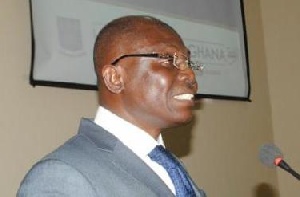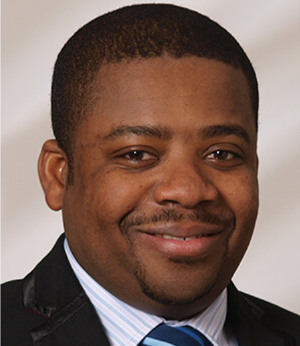Professor Felix Asante, Director of the Institute for Statistical, Social and Economic Research (ISSER) of University of Ghana, has proposed several solutions to Ghana's ailing economy for 2015 and beyond.
Prof. Asante stated that the government needs to invest massively in infrastructure and prioritise non-traditional exports, including banana, mango, pineapple and vegetables. “This is to solve the country's weak infrastructural systems, especially in the energy and transportation sectors”.
“Moreover, the government must pursue an employment-centered economic growth strategy that will ensure that employment expands along with production. The benefits of growth will be widely shared through better job opportunities and enhanced incomes to ensure sustainability in the exploitation of the country's natural resources endowments, including agriculture, minerals as well as oil and gas supported by strategic investment, application of science, technology and innovation to enhance the creation of employment and income earning opportunities”.
Prof. Asante added that priority should be accorded physical infrastructure and human-quality development, rather than the continuing expansion of public institutions, in order to substantially increase absorption of the apparent over-supply of graduates from the various tertiary institutions. He was speaking at the launch of the 'State of The Ghanaian Economy Report, 2013' in Accra.
He said there was the urgent need for prudent management of government resources; while increased efforts to mobilise revenue through an expanded tax base should be pursued; “the main culprit for recent huge deficits is expenditure by government, which should be reined in the short-to-medium term”.
The scholar stressed that structural limitations in infrastructure, labour markets and declining commodity prices contributed greatly to the slow-down in the growth of the country. But he was optimistic that the near-term outlook for Ghana is positive, with growth projected at 8% provided the government adheres to the way forward.
He also suggested that the country could ensure massive economic growth well into the future, provided the country improves its macro-economic management which requires bold efforts to reduce its budget imbalance.
Professor Samuel Agyei-Mensah, Provost, College of Humanities, University of Ghana, who chaired the event, indicated that the report presented the general overview of the state of the local economy in 2013. It centered on various sector of the economy- including industry, service, infrastructure and agriculture.
He was full of optimism that the report would spark debate among stakeholders to ensure that a more buoyant economy was built.
Dr. Robert Osei Darko, a Senior Research Fellow and Head of the Economics Division of ISSER, noted that there was a road-show in the Ashanti Region to educate the public on the state of the economy. He said the road-show for the upcoming year is likely to be staged in the Northern Region.
Business News of Tuesday, 14 October 2014
Source: Public Agenda
ISSER proposes solutions to Ghana's challenging economy
Entertainment












